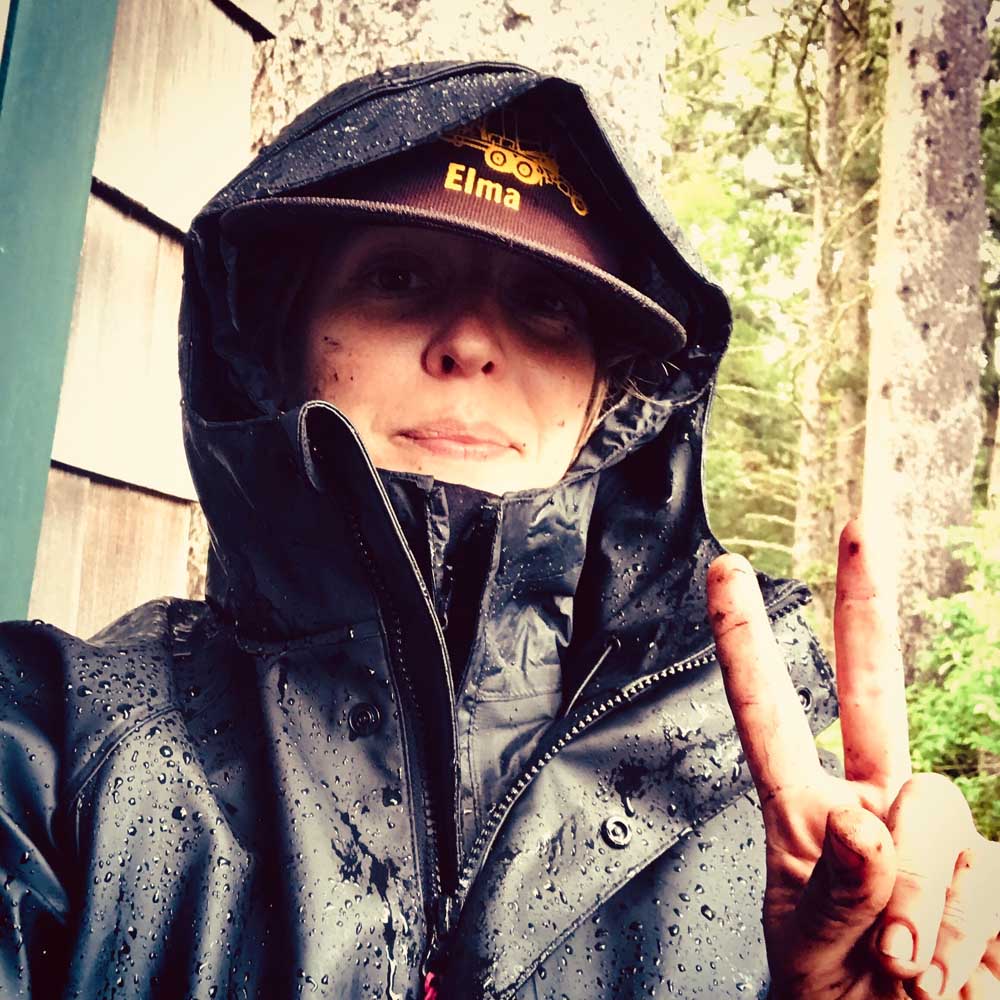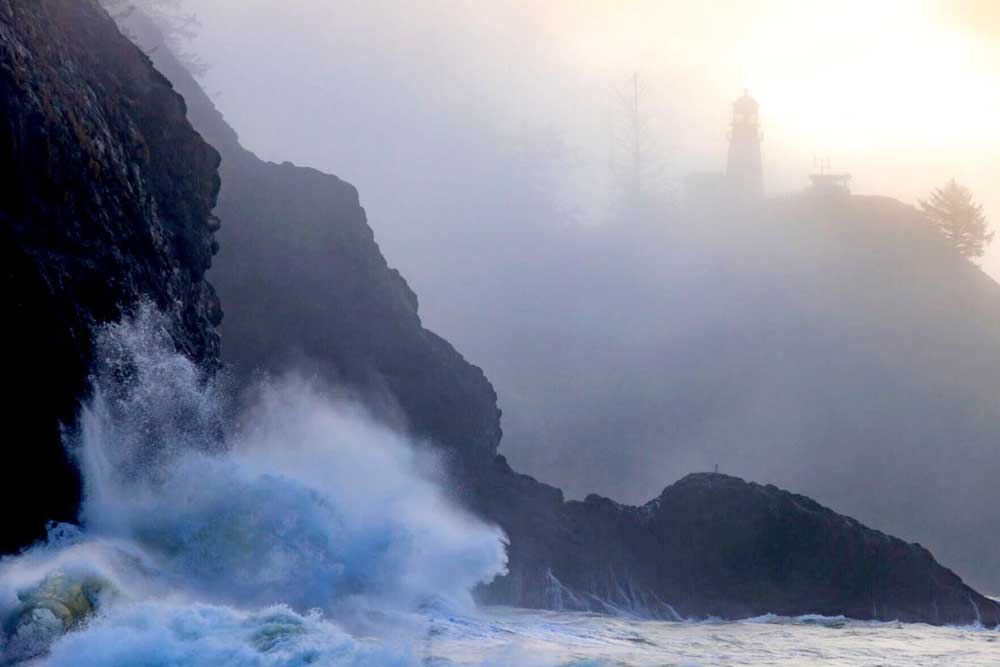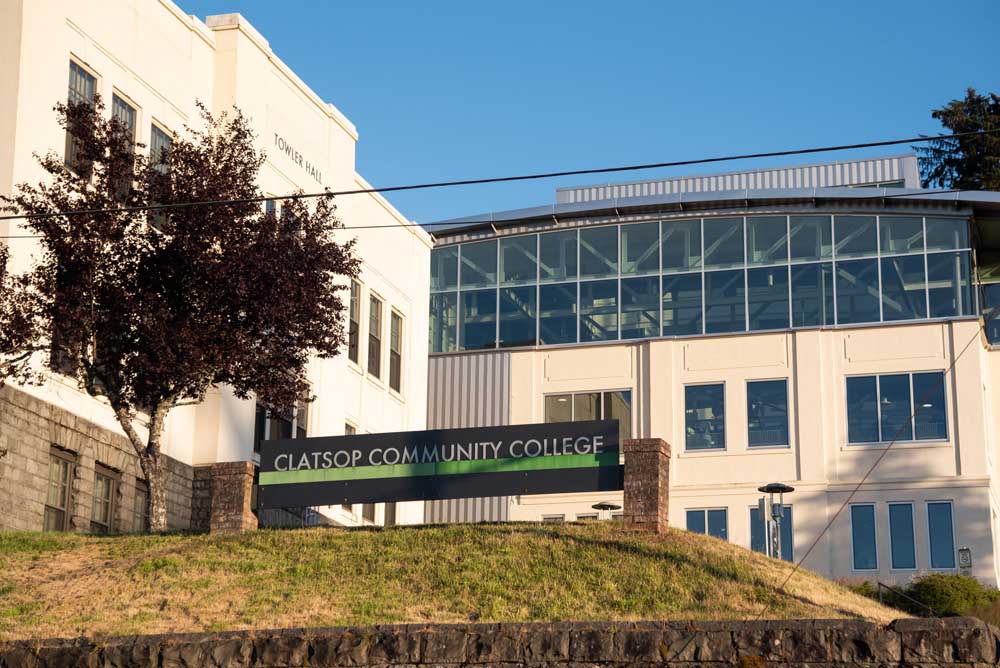Guest Column: Show up for Black lives
Published 12:30 am Tuesday, August 4, 2020

- Teresa Barnes
We started seeing media coverage of nationwide protests months ago, and shortly thereafter, they began in Astoria, Warrenton, Seaside and Cannon Beach.
Trending
Depending on where you get your news, you’ve seen protests depicted either as citizens peacefully demonstrating against racism and police brutality — often while being brutalized by police — or as violent riots incited for the sake of destruction.
What you may not have seen, if you haven’t attended one, is the love and support protesters have shown for each other and for our communities.
I’m incredibly proud of the youth who started them here, and the adults who’ve worked to ensure their safety. We’ve received support from many locals and appreciate it; every honk, every wave, every sign in the window of a local business is crucial, because we have also seen the other, uglier side.
Trending
I haven’t attended a single protest where we haven’t gotten middle fingers, thumbs-down, boos or a variety of expletives and racist, sexist and homophobic slurs.
I went into this as someone aware that systemic racism exists, and even so have been shocked at the level of hatred and open racism that has been displayed in this county. My white privilege had previously given me the freedom to live the majority of my life not being treated this way; a freedom we should all have.
Black lives mattering should not be a debate.
Perhaps it’s just the human tendency to find patterns, but I’ve been struck by the similarities between this movement and the pandemic that still rages in our country. I think of George Floyd crying, “I can’t breathe,” and of the people refusing to wear masks for the same alleged reason. I think of the outrage many felt by being asked to stay in their homes for a few months, and the lack of outrage we’ve displayed for the tens of thousands of our fellow citizens spending years — or decades — living in prisons in solitary confinement.
Most of all, I think of how both the coronavirus and racism have infected our society, and how stopping their spread is hampered by our inability to agree on facts. If we can’t even agree on whether or not these problems are real then how are we going to fix them?
To that end, I’d like to address some common talking points protesters have faced. I can only speak for myself, not all protesters, nor the Black activists who began this movement and who’ve been working on it so much longer than I have.
All Lives Matter/ White Lives MatterBlack lives mattering does not negate white lives, or all lives mattering.
People are standing up for Black lives because they are over twice as likely as white lives to be taken by police, and with impunity. This argument would be more forceful if those propounding it were earnestly taking action to help “all lives.” There are much more effective ways to demonstrate that the lives of your fellow humans matter than arguing with protesters.
What about ‘Black on Black’ crime?This very phrase is racist. When white people kill each other we don’t call it, “white on white” crime, we just call it murder.
I see only two ways to view the apparent higher criminality of the Black population: either they are inherently more likely to commit crime than white people (an obviously racist point of view), or they’re treated differently by those making and enforcing laws.
As the documentary film “13th” so eloquently explains, the mass arrests and incarceration of Black people began immediately after slavery was abolished, as the 13th Amendment allows forced work in the case of prisoners. We acknowledge slavery was abhorrent, but seem less concerned about the disproportionate number of Black Americans working without pay in for-profit prisons.
Defunding the policeDefunding the police doesn’t mean that there won’t be anyone to call if you have an emergency.
Nationally, police only spend around 4% of their time responding to violent crimes, which means that most of the situations they are responding to could be better handled by others.
Take, for example, the issue of homelessness: instead of criminalizing the poorest among us, wouldn’t a more evolved approach be to make sure that we all have a safe place to sleep at night? If that seems too costly, consider that the police budget for Astoria alone is $3.2 million.
In my lifetime we’ve continually defunded the social services that could’ve prevented most of our current problems, but we just called those budget cuts. Defunding the police is a call to reallocate our tax money to address the root causes of the issues that have been placed upon police; to focus on solutions before punishment.
As much as I wish that the phrase “Black Lives Matter” was not debatable, the voices of dissent have pushed me to grow stronger. They’ve made me educate myself and have reminded me what we’re up against.
There will be protests outside the Columbia River Maritime Museum in Astoria every Saturday in August from 3 to 5 p.m., and I hope you’ll join us.
More importantly, I hope you’ll show up for Black lives in the voting booth, at your city council meeting, with dollars spent at Black-owned businesses or in paying off Black debt, and in any and every way you’re able to.
As a sign from one of our protests reads: “If you’ve ever wondered what you would’ve done during the civil rights movement, it’s what you’re doing right now.”








